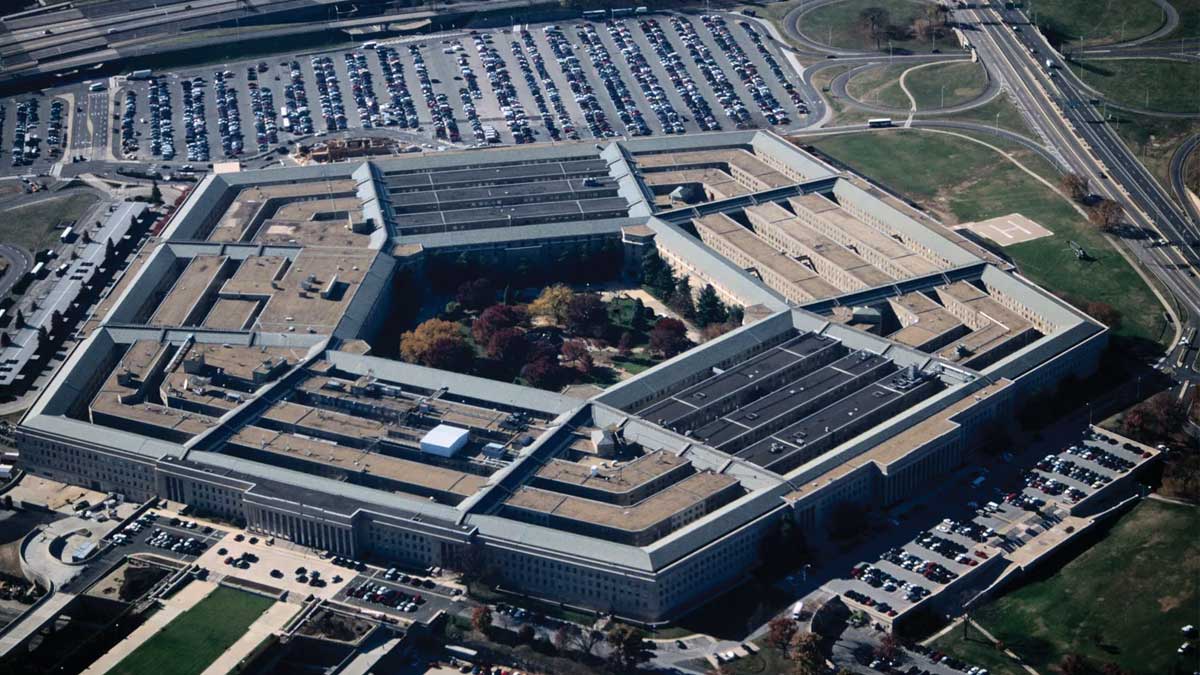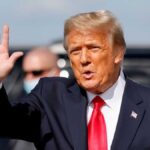- Home
- Billionaires
- Investing Newsletters
- 193CC 1000
- Article Layout 2
- Article Layout 3
- Article Layout 4
- Article Layout 5
- Article Layout 6
- Article Layout 7
- Article Layout 8
- Article Layout 9
- Article Layout 10
- Article Layout 11
- Article Layout 12
- Article Layout 13
- Article Layout 14
- Article Sidebar
- Post Format
- pages
- Archive Layouts
- Post Gallery
- Post Video Background
- Post Review
- Sponsored Post
- Leadership
- Business
- Money
- Small Business
- Innovation
- Shop
Recent Posts
Pentagon Ran Secret Anti-Vax Campaign Against China: Report

The Pentagon reportedly conducted a covert anti-vaccination campaign against China’s COVID-19 vaccine efforts in the Philippines during the pandemic peak, according to a recent Reuters investigation. This initiative, allegedly orchestrated from spring 2020 to summer 2021 under both the Trump and Biden administrations, aimed to sow doubt about the safety of Chinese vaccines abroad while the U.S. focused on its domestic vaccination efforts.
The operation allegedly involved over 300 fake social media accounts impersonating concerned Filipinos, criticizing China’s vaccine program, and using the hashtag “Chinaangvirus” (“China is the virus” in Tagalog). These accounts, which also complained about face masks, test kits, and the Sinovac vaccine, were removed from X (formerly Twitter) after Reuters inquired about them, with the platform identifying them as part of a coordinated bot campaign.
This effort reportedly extended beyond the Philippines to central Asia and the Middle East, where anti-vax posts suggested that the Sinovac shots should be prohibited under Islamic tradition due to potential pork gelatin content. The campaign continued until a Biden administration ban in 2021.
The U.S. began distributing Pfizer and Moderna vaccines in December 2020, urging Americans to get vaccinated. Meanwhile, China had already started its Sinovac vaccine rollout, becoming a key player in global vaccine distribution. This competition led to a “vaccine diplomacy race,” with some countries favoring Chinese, Russian, or Indian vaccines over U.S. offerings.
While the exact origins of the coronavirus remain unclear, China has faced scrutiny over the virus’s initial spread. Some theories suggest a lab leak, but concrete evidence is lacking. Tensions between the U.S. and China have also escalated over national security, trade, and military actions, underscoring the complexity of the relationship between the two nations.
Recent years have seen increasing tensions between China and the U.S., with incidents like the suspected Chinese spy balloon incident and concerns over TikTok’s parent company’s ties to Beijing adding to the strain. This backdrop of geopolitical friction adds a layer of complexity to the COVID-19 vaccine diplomacy and the broader U.S.-China relationship.
Recent Posts
Categories
- 193cc Digital Assets2
- 5G1
- Aerospace & Defense44
- AI32
- Arts3
- Banking & Insurance11
- Big Data3
- Billionaires224
- Boats & Planes1
- Business304
- Careers13
- Cars & Bikes66
- CEO Network1
- CFO Network17
- CHRO Network1
- CIO Network1
- Cloud10
- CMO Network18
- Commercial Real Estate7
- Consultant1
- Consumer Tech155
- CxO1
- Cybersecurity51
- Dining1
- Diversity, Equity & Inclusion4
- Education7
- Energy8
- Enterprise Tech29
- Events11
- Fintech1
- Food & Drink2
- Franchises1
- Freelance1
- Future Of Work2
- Games135
- GIG1
- Healthcare74
- Hollywood & Entertainment154
- Houses1
- Innovation37
- Investing2
- Investing Newsletters4
- Leadership65
- Lifestyle10
- Manufacturing1
- Markets20
- Media183
- Mobile phone1
- Money13
- Personal Finance2
- Policy542
- Real Estate1
- Research6
- Retail1
- Retirement1
- Small Business1
- SportsMoney22
- Style & Beauty1
- Success Income1
- Taxes2
- Travel10
- Uncategorized6
- Vices1
- Watches & Jewelry2
- world's billionaires194
Related Articles
Carr’s FCC Nomination and Musk’s Potential Gains
President-elect Donald Trump has nominated Brendan Carr to lead the Federal Communications...
By 193cc Agency CouncilNovember 19, 2024Musk Joins Trump’s Call with Ukraine’s Zelensky
Billionaire Elon Musk played an unexpected role in a call between President-elect...
By 193cc Agency CouncilNovember 9, 2024Trump’s Day 1 Priorities: Immigration, Energy, Ukraine, Iran
Former President Donald Trump’s advisers revealed that his top priorities for the...
By 193cc Agency CouncilNovember 7, 2024Elon Musk’s Potential Role and Influence in a Trump Administration
With Donald Trump’s successful bid for re-election, the question on many minds...
By 193cc Agency CouncilNovember 7, 2024















Leave a comment